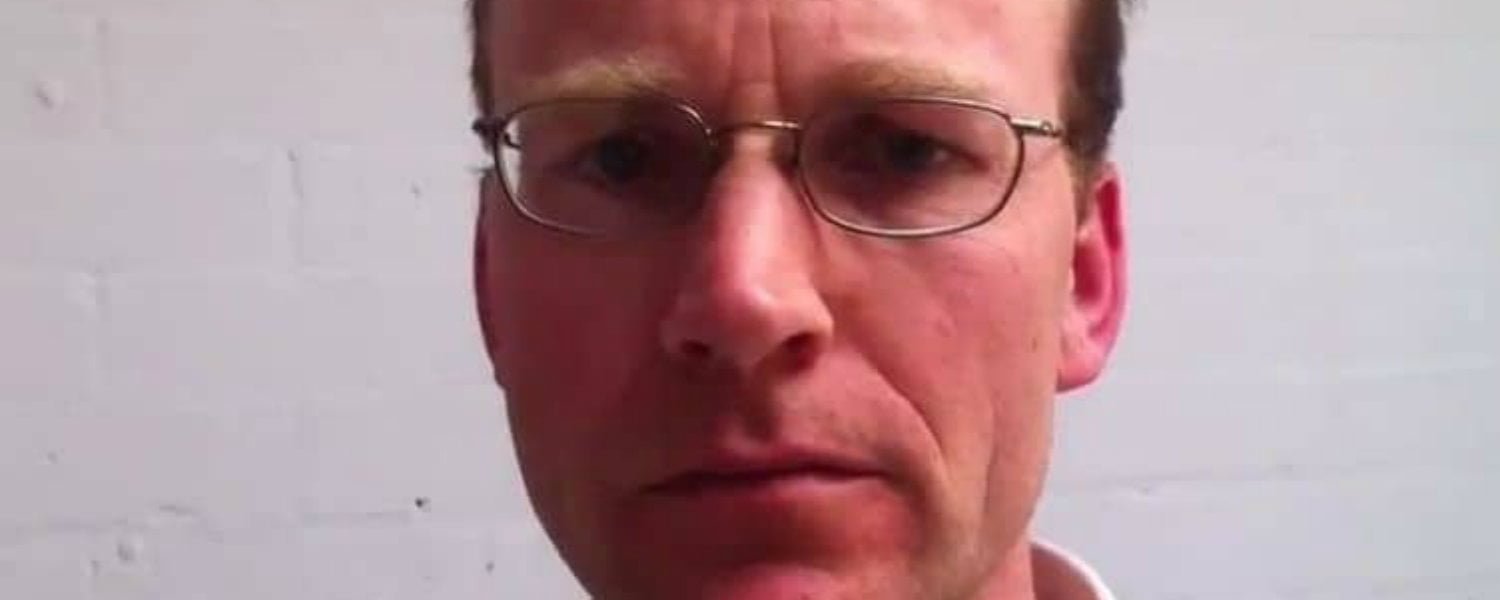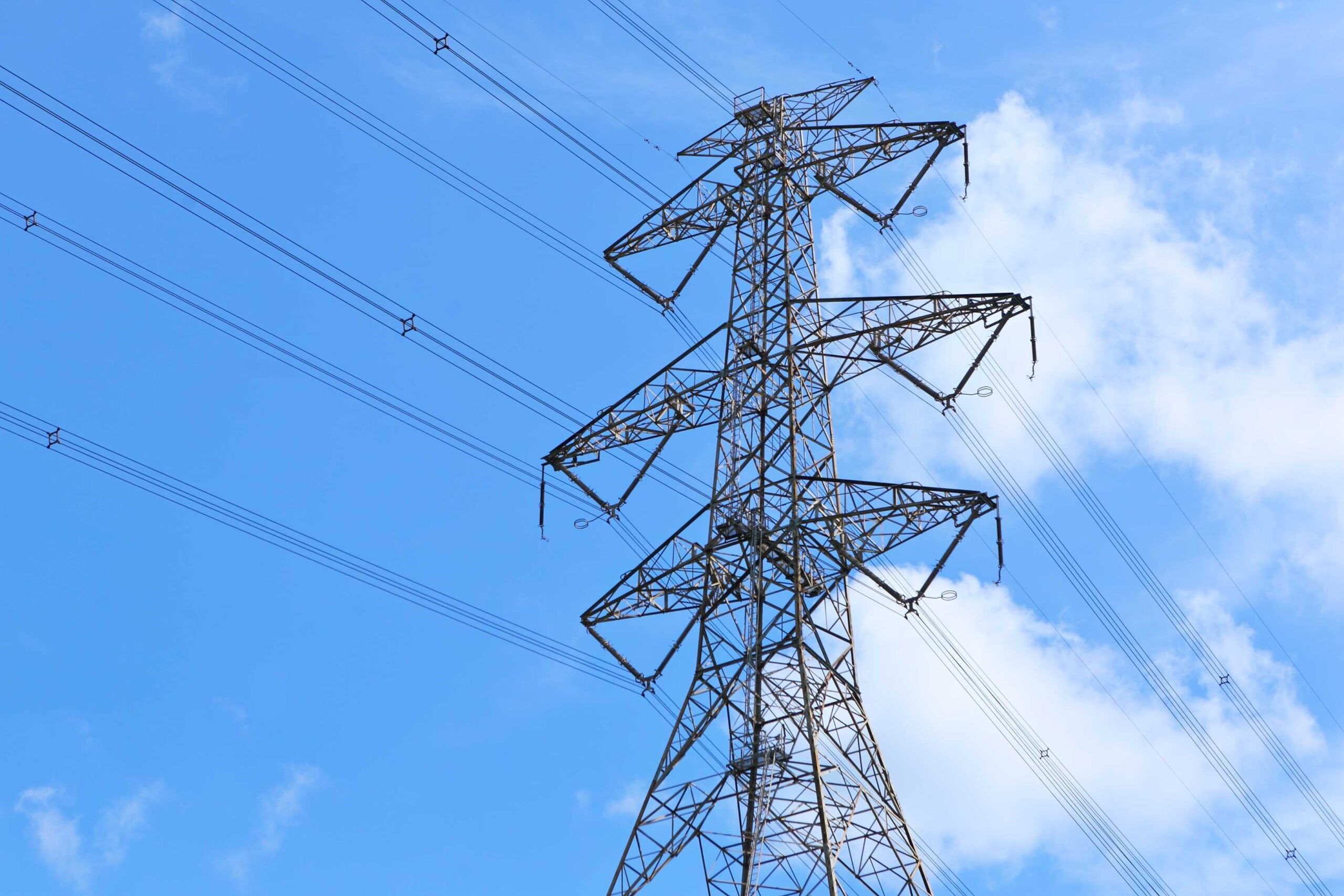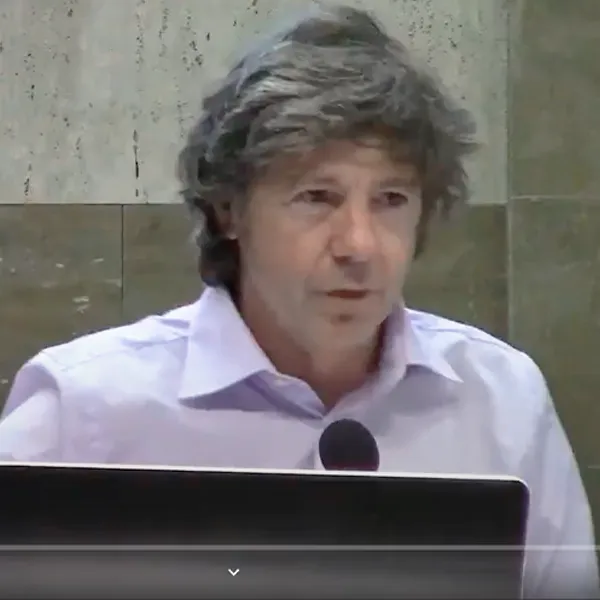This is the second part of the interview that Patrick Chalmers gave Baricada, the first part being available here.
Patrick Chalmers is a Scottish journalist who worked for Reuters for 11 years (1994-2005) as a foreign reporter with postings in London and Kuala Lumpur, and reporting assignments elsewhere. During that period he covered the environment, financial market, international trade, economics and politics. Disillusioned with the editorial values at Reuters, not least on fairness and balance, he left the agency and settled in South-West France with his family. There he wrote his book, Fraudcast News: How Bad Journalism Spoils Our Bogus Democracies, which is a biographical critique of democracy and journalism and is accessible online. He works in freelance journalism, environment consultancy and development organisations, teaches at several Toulouse universities and campaigns for fairer government systems and more accountable journalism. He blogs at this address, while his alternative blog Fraudcast News is here.
Baricada met Chalmers as he was preparing to start a period of trips, interviews and video recordings that in the end would become a series of nine documentary films about various forms of democratic innovations around the world. The audio version of the whole interview is available here.
You have basically two areas of interests – democracy and journalism, so I am eager to discuss more journalism with you now. By reading your book I got the impression that you have collaborated for some time with various left-wing media, such as the Z Magazine in the USA. I also notice you talk about Indymedia and UnderCurrents, that were famous media of the alterglobalist movement, but I haven’t heard anything about them or from them for quite a long time. I remember that when the alterglobalist movement was on the rise, people on the left and the left media used to attack the notion that “There is no alternative” (TINA), as they were searching for alternatives. What are the alternatives that today, a certain number of years later, the left media in the USA, UK or France can offer?
I’ve never worked for Z Magazine. I did do a week-long training with the Z Media Institute. I think it was 2005. I went there and had a very valuable week, learning about media critique. I came from a very conventional media – Reuters, and I went to a radical and critical media organization and took part into an event with several dozen other people.
I couldn’t claim to have done very much for Indymedia at all. I reported once for Indymedia, when I was in Copenhagen in 2009, at the climate change negotiations conference there. I wrote about that in the book, when I took part in a civil disobedience protest as a journalist. I got pepper sprayed and thumped by the police, together with the other people there. I did that as an exercise in what it is like to do civil disobedience. At that moment I thought that politics and journalism were broken, I could understand why people do civil disobedience and I undertook this act to see what it is like and who does it. I reported from this protest for Indymedia.
I worked with people who were very much involved with Under Currents when I was in London in 2011-2012 for personal reasons for 9 months. I did some work for an organisation called visionOntv. They are a group of people who are exploring how to build alternative media. My conclusion is that it is very difficult. There are all sorts of barriers to success.
At this moment I am looking at something called solutions journalism, constructive journalism or positive journalism. The idea of all those three versions of what ultimately is the same thing is that as a reporter you don’t just go and criticise a problem, but you go and say there is a problem, maybe these people are to blame, but surely there are some solutions.
So my nine short movies project is a solutions journalism project. The problem is representative democracy. As far as I am concerned, it is broken and resembles some kind of walking zombie, soon to fall over. A possible solution could be something like lottery-based public decision-making mechanisms. I am not just going to criticise and say it’s rubbish, I am going to say: “This doesn’t work. It’s a systems problem and not a person problem. There are other systems that are being experimented with to make public decisions in a much fairer, more just, and environmentally wise way.”

Talking about journalism, sometimes what Wikileaks does or what Edward Snowden has done is interpreted as a sign of something new in journalism. What’s your take on their revelations? Did they really change the world?
Edward Snowden and Julian Assange definitely changed the world. I would put both of them into the category of investigative journalism. They revealed to the world information we didn’t previously know. They allowed for certainties in areas that before had been just rumours with regard to the techniques of mass surveillance. In the activist circles I was moving in, people would talk about taking the battery out of their mobile phone in order not to be spied on, not to have their conversation listened to remotely or cameras activated remotely or recording devices activated remotely. There were various responses to these worries – from “You are bonkers!”, “It’s ridiculous!” to “OK, I’ll take the battery out”. But Snowden did much more. He made us realise that all the stories about mass surveillance were in fact much worse than we realised. So he definitely had a journalistic effect and that was amplified by journalists such as Laura Poitras and Brazil-based Glenn Greenwald. Snowden is certainly a journalist himself.
Julian Assange: as a human being, for me he is quite a confusing character. That’s not the point. Even if we take just one of the Wikileaks revelations – about the collateral murder of various Iraqis and some journalists in Iraq shot in cold blood. Just for that Wikileaks takes the role of investigative journalism.
There has been a blurring between people who would be conventional journalists and people who have been doing journalistic behaviour. There are other people around the world, who are doing very high quality investigative journalism.
The problem is that we are beyond shock. Things are so bad in terms of the behaviour of some of our elected leaders that we are almost beyond parody. The stand-up comedians are almost running out of material, because the politicians are so ridiculous, so shockingly misbehaving that we don’t need satire to portray them in the light we can all see.
My problem with investigative journalism is that the political structures no longer respond to the revelations. People don’t resign. I wonder whether, if Richard Nixon was in power today, he would have to leave office because of the revelations of Watergate.
That’s why as a journalist I don’t want to do investigative journalism, because the problem is our political structures. It’s not that we don’t know what’s going on. We know but the political structures are such that people can stay in office whatever they’ve done.
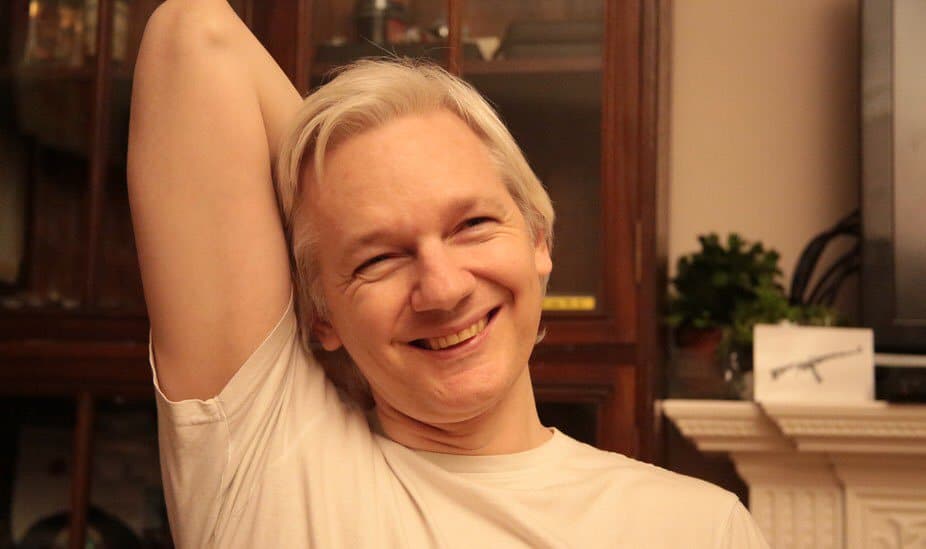
Do you worry that in a certain way power has become unchangeable and has also entered automatic mode so journalism is no longer able to shatter the status quo even if the revelations are of the scale of Wikileaks or Snowden?
I am not frightened and I am not pessimistic about the potential power of journalism. My own focus is on the potential for system change. As a good journalist you investigate and analyse the subject you want to cover. The state and the reality of our political structures are hidden in plain sight. If you choose to go and look for it, it’s there in every textbook. What is not there at this moment is the idea that our entire system of Western representative democracy is pretty much dead on its feet. We have freedoms to speak to an extent, to publish to an extent, to assemble to an extent, but they are compromised and are under threat. However we still have them. We can analyse the structures of our government and say as journalists that they are broken and we need much better ones for social justice reasons, for environmental reasons, to try to prevent conflict. For any number of good things we can do in our lives, we need to change our political systems.
Winston Churchill’s got this clever, funny quote which is very unsatisfactory to me. He talks about democracy and says it’s the least worst system among all the other systems that have been tried over time. It’s a very British way of saying “Democracy is crap, but everything else is even more crap, so we have to stick with democracy”.
I say: “Sorry, Winston, you haven’t even told me what democracy means so I am not even going to play with your little quote. I would go on and say it’s not democracy anyway. I will say, what could democracy be?”
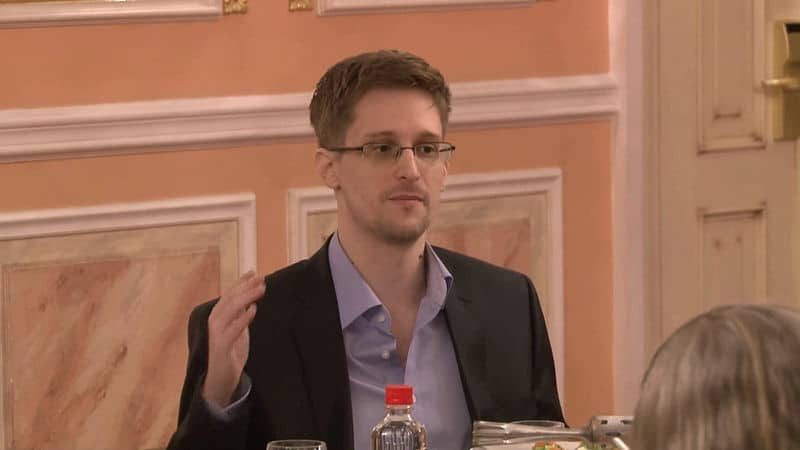
At the end of our interview, I will derive my last question from an article you wrote in 2012 for The Guardian. There you make a plea to people to develop their economic culture by reading from some non-conventional sources. Your plea, just as everything you say, sounds very optimistic, so I think it’s relevant to ask you: what makes you such an optimist about people’s ability to overcome manipulation, the powerful political and business interests, to self-organise and live free?
I suppose it’s a choice. I am aware that we could easily choose cynicism and pessimism. I choose optimism. I do that for very pragmatic reasons. For start, life is much happier if you choose the optimistic path. It’s easy to say: “I choose pessimism, because all around me is black and dark”. I think Bernie Sanders said on Trump: “Despair is not an option”. Cynicism and pessimism are the easy way out. I would say to those people: “Sure, choose that route if you want. But I refuse, myself, to give up.” Who wants to spend time with despairing and pessimistic people as partners in some sort of constructive process of building other structures? It’s fine to be despairing or pessimistic. If that’s what people choose, that’s fine for them. I don’t choose that, because I don’t think it’s possible for people to build anything worthwhile from those places. You can do some analysis or examination there. But it’s not going to help you build something. I choose very knowingly optimism. It’s more fun and I am far more likely to find creative, interesting solutions that could potentially work from a place of optimism. And that’s why I am going to look around the world at these tiny little islands of success and hope and also pragmatic construction. It’s very easy to be rude about the political leaders and say: “We’ve got no hope. Nothing can ever get done.” And you give up, drink beer, you take drugs or just watch stupid television programmes. You just check out. I am not interested in checking out. There’s much more fun to be done building stuff.
Back to the first part of the interview, here.
